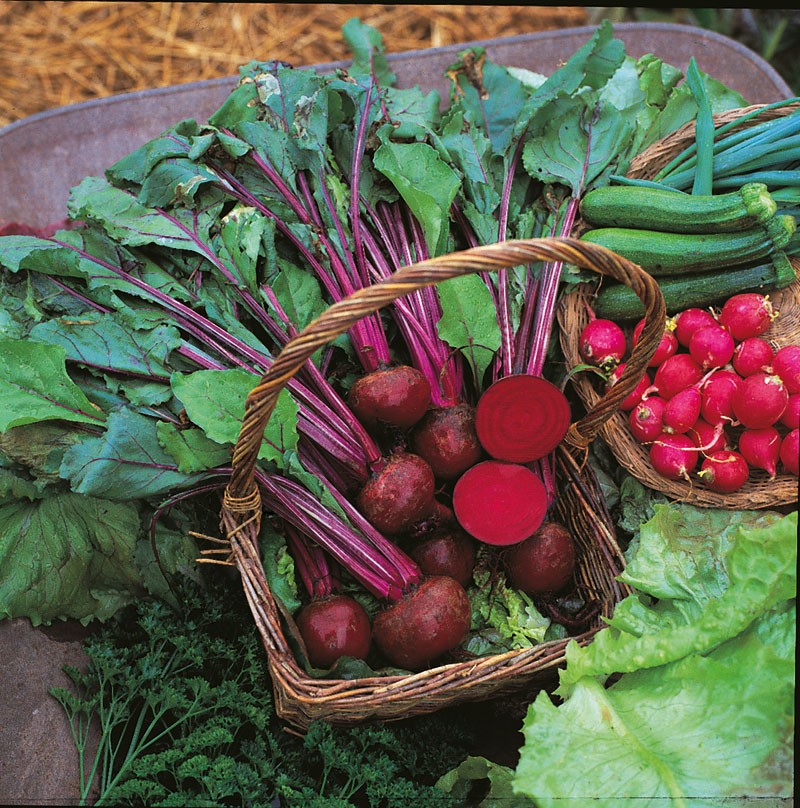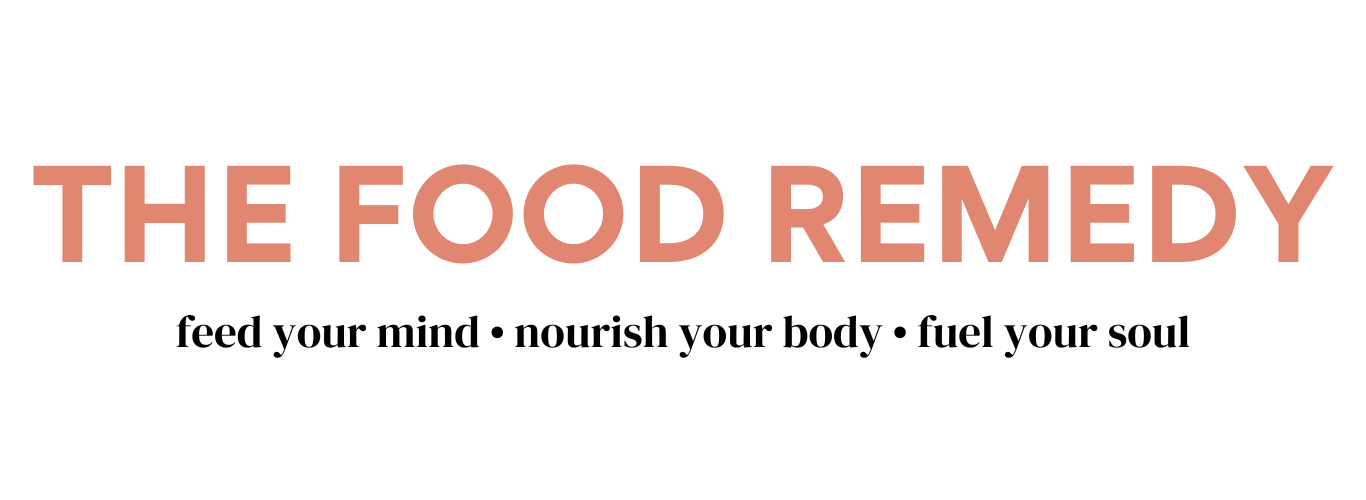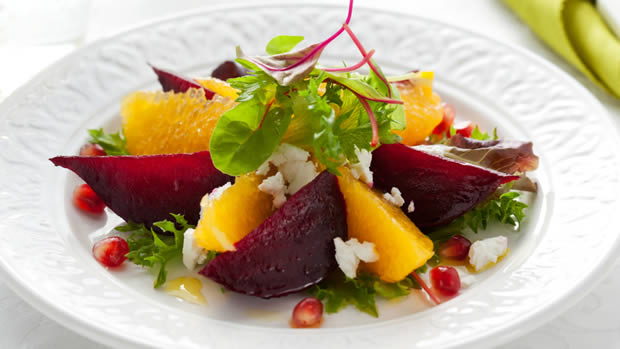 Beetroot is a delicious root vegetable with dark, purple skin and pinky purple flesh. It sweet flavours and vivacious colour offers itself to both sweet and savoury dishes. It can be eaten you raw, by simply peel with a potato peeler and grate into a salad or my favourite way it using a spiralizer which turns into pretty ribbons. It can also be cooked in boiling water this usually takes around 15 minutes, or roasted at 180ºC until soft.
Beetroot is a delicious root vegetable with dark, purple skin and pinky purple flesh. It sweet flavours and vivacious colour offers itself to both sweet and savoury dishes. It can be eaten you raw, by simply peel with a potato peeler and grate into a salad or my favourite way it using a spiralizer which turns into pretty ribbons. It can also be cooked in boiling water this usually takes around 15 minutes, or roasted at 180ºC until soft.
Since Roman times, beetroot has been viewed as an aphrodisiac. It has a 'medium' Glycaemic Index of 64 and a an extremely low GL of 2.9 which means it’s converted into sugars very slowly which helps to keep blood sugar levels stable keeping you in the health promoting zone.
One study by Wake Forest University in North Carolina, USA found that the high content of nitrates in beetroot may help fight the progression of dementia as nitric oxide in the blood, produced by the nitrates in beetroot, helps increase blood flow to the brain. Beetroot’s folic acid may also play a part as studies suggest it can help protect against Alzheimer’s and dementia.
Folic acid is also essential for normal tissue growth and is crucial to the development of a baby’s spinal cord during the first three months of pregnancy as it helps prevent spinal cord defects such as spina bifida. Making beetroot a great food for expand mums to be munching on in the first few weeks of pregnancy.
Beetroot contains soluble fibre, which has also been shown to have cholesterol lowering competencies. It also contains carotenoids and flavonoids, which help prevent LDL or ‘bad’ cholesterol from being oxidised and deposited in the arteries.
Raw beetroot should have their stalks fresh, not wilting and roots nice and firm and intact.


